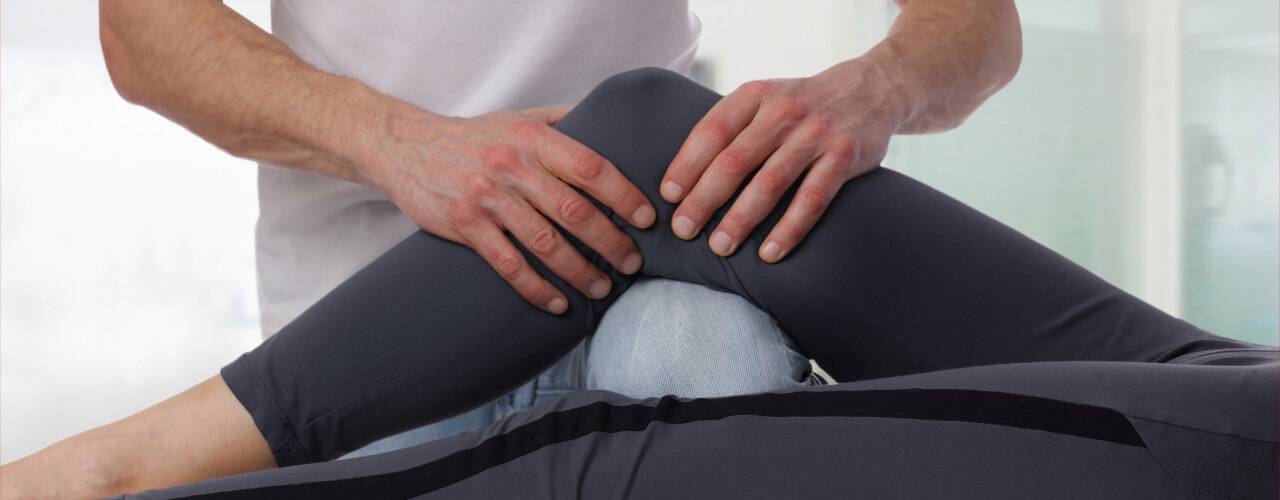Bodily therapy is a type of rehabilitative healthcare in which educated and certified medical professionals address aberrant physical functioning with specially developed equipment and training regimens.
Physical therapists (PTs) assess a patient’s condition, like a mishap, infection, or inability, and make a treatment plan. Physical therapy is an effective treatment for a wide range of health problems since it aids in the restoration and maintenance of physical function and mobility.
Licensed physical therapists collaborate with various medical teams in rehab centers, hospitals, sports and fitness centers, schools, and offices. Physical therapy at Eugene, OR, can help with neurological disorders, genetic disorders, musculoskeletal disorders, sports injuries, and even ordinary problems like dizziness.
Conditions Treated With Physical Therapy Techniques
- Sports Injuries
Sports, particularly ones that need considerable physical exertion, can result in injuries. You are at risk of sports-related injuries whether you are just performing your usual workout or playing your favorite sports, or a highly-trained athlete.
The good news is that a physical therapist can assist you in preventing and treating sports injuries. You can get back on track and even improve your athletic ability with the help of specialized preventative workouts and proper recovery programs.
- Muscular Dystrophy
Muscles and bones degrade and weaken over time as a result of age or numerous diseases. Mobility exercises and the use of supporting frameworks can help with this.
- Back And Neck Pain
Chronic discomfort in your back or neck disrupts your daily routine on a regular basis. Spine pain, Eugene, OR, might linger for weeks, months, or even years. As a result, physical therapy aids in the treatment of pain and the improvement of mobility.
- Vertigo
People frequently experience light-headedness and dizziness, which can lead to dangerous falls. People may experience it infrequently or in general. However, by balancing it with physical therapy, you can avoid it. As a result, if you’re experiencing vertigo, physical therapy is the way to go.
- Lymphedema
When the extra fluid becomes trapped in your lymphatic system, it continues to circulate through your bloodstream, causing swelling. The physical therapist utilizes CDT or complete decongestive therapy to reduce swelling and prevent further fluid growth.
- Concussion
The number of people who have suffered a concussion is steadily rising. However, many people are unaware of the benefits of physical therapy in treating a variety of trauma symptoms. Balance issues, headaches, and dizziness are some of the symptoms. You can also enroll in a concussion and brain injury management program, which is beneficial to anyone who has had a concussion. Furthermore, you can participate in the activity even if you believe there is a risk of trauma.
- Jaw Pain
The most functional jaw of the body is known as the Temporomandibular Joint, which helps move the jaw (TMJ). Temporomandibular joint dysfunction is a joint disorder characterized by acute inflammation of the TMJ.
Anti-inflammation techniques, physical therapy, therapeutic exercises, posture correction, and workout and nutrition modifications will all be part of your treatment.
- Headache
Physical therapy might help you get rid of headaches that are usually caused by bone problems. Muscle tightness and tension, a lack of neck motion, disc disease, poor posture, and back stiffness are all examples of these problems. Your treatment could include anything from a hot water bag to posture instruction, depending on your ailment.
- Arthritis
Arthritis is a condition in which the joint surface degrades, resulting in joint inflammation. Arthritis persistent pain can be relieved with therapeutic intervention. Moreover, physical therapy treatment can improve the overall function of the joint.
- Plantar Fasciitis
In Plantar Fasciitis, the connective tissue surrounding your bottom feet, known as the plantar fascia, becomes inflamed. You may receive anything from basic calf stretches to a walking analysis to address this irritation.
- Urinary Inconsistency
If you experience bladder leaks or frequent desires to go to the bathroom, you may have urine incontinence. Physical therapy can help you improve your stability by strengthening and extending your core muscles. It strengthens the transverse abdominals, pelvic floor, and hip muscles to avoid further difficulties.
- Sciatica
Another illness that physical therapy can help with is fibromyalgia. It’s a low back condition that can cause pain all the way down the leg. The physical therapist may recommend muscle energy techniques and core strengthening exercises.
- Foot Fracture
It is the most prevalent condition that might occur as a result of a little fall. Broken bones, open, closed, or compound fractures result from a foot fracture: this illustrates the impact on your mobility. Physical therapy is prescribed to you based on the severity of the illness and the location of the fracture.
- Ankle Sprain
People who are a little naive can easily twist their ankles, causing ligament damage. The ligament is ripped and stretched, causing discomfort and swelling in the ankle. Physical therapy and specific home treatments can help you treat swollen ankles quickly.
Concluding Thoughts!
Physical therapy may be required to improve your treatment for severe medical issues. Physical therapy will provide you with a great deal of relief regardless of the ailment you are suffering from. It aids in treating chronic pain, whether caused by surgery or normal work.
Samantha does not have a personal blog but writes on healthcare industry since a decade for now. She is excellent at conveying thoughts and tips through storytelling.

